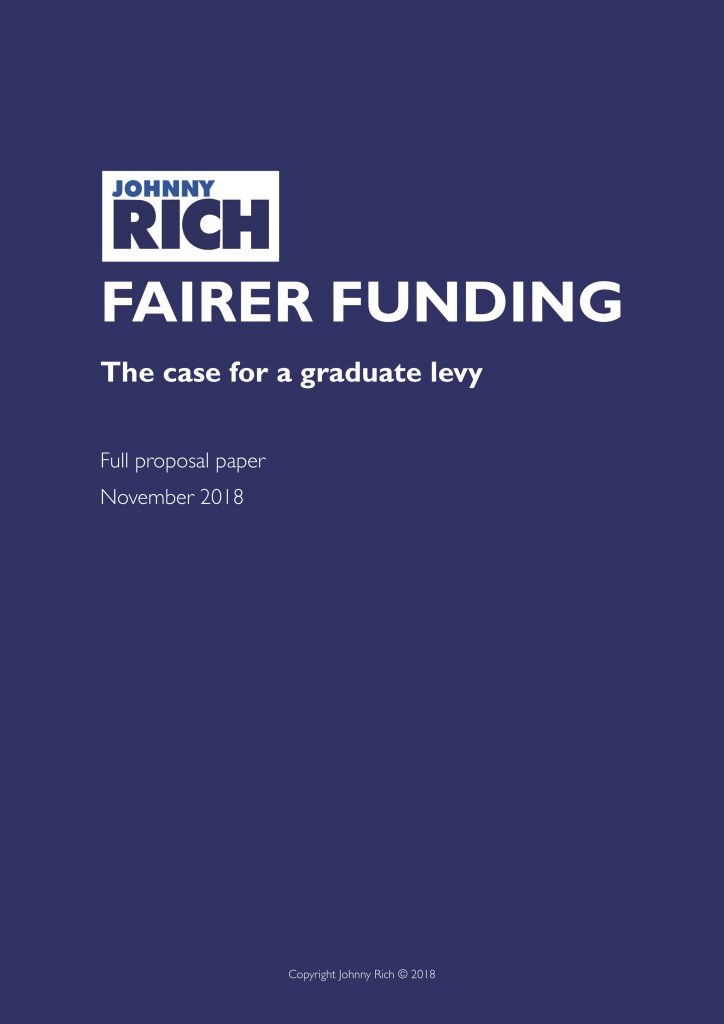Read Fairer funding: the case for a graduate levy (HEPI Policy Note) and, exclusively on this site, Fairer funding: the case for a graduate levy (full proposal).
What I’d like for Christmas:
- We should abolish tuition fees.
- We should fund English universities well enough that they can continue to be among the best in the world.
- We should match graduates and jobs so that they have the right skills to get jobs they want and succeed in them.
- We should ensure that the nation’s skills gaps are plugged.
- We shouldn’t ask the taxpayer to pay for more than the public benefit of higher education.
Is that really such a big ask? Over decades of fiddling with the funding system for higher education in England, apparently so. That’s because some of my wishes are seen as mutually exclusive.
The funding of higher education England has been played like a game in which if one player wins, another must lose. For example, if students win and don’t have to pay so much, then the taxpayer loses and has to fork out more.
More usually over the past 30 years, it’s the student who’s lost: the burden of cost has shifted consistently to the student, first through student loans in 1991, then top-up loans, then fees of £1,000, then top-up fees of £3,000 and then, in 2012, a trebling of fees to £9,000.
The funding system is under review at the moment by Philip Augar at the behest of the Prime Minister (as she is at the time of writing). Leaks suggest the balance may swing back away from the student, but the cost will fall instead on either the taxpayer or on universities in the form of slashed funding.
However, there is another player in the game, keeping his gambit very quiet in the hope of not being noticed: the employers.
For too long employers have escaped making a fair contribution. They would, of course, argue that they do contribute through corporate tax and through salaries (which, on average, are higher for graduates).
That’s true, but this approach leaves them without any skin in the game. They’re not making their investment work for them.
I have written a paper for the HE sector’s think tank, the Higher Education Policy Institute on how employers could and should pay a ‘graduate levy’ instead of graduates paying fees. This needn’t cost the employers more and, critically, it would mean they get what they need from higher education far better than at present.
In the process, it would also eliminate tuition fee debt. It would improve courses and graduate employability. And sure enough, it would fund universities well while costing the taxpayer less.
It sounds too good to be true, so please make up your own mind by reading the HEPI paper or I have also produced, exclusively for this website, an expanded version of the full proposal which also includes fuller explanations and counter-arguments to some objections that have been raised with me in discussion.

